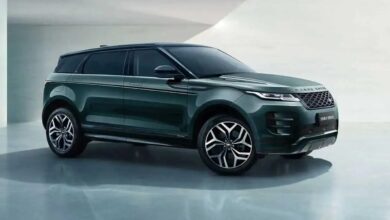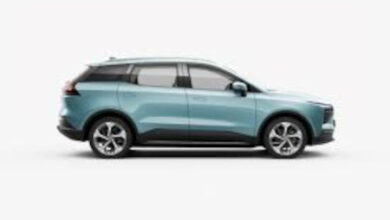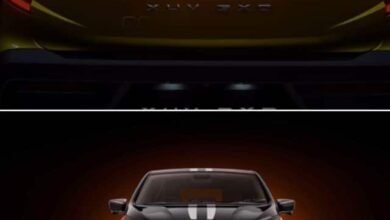Chery’s Jetour unit plans right-hand drive cars to expand to Malaysia and Indonesia as competition escalates in China’s automotive market

Jacky Chen, general manager of Jetour’s international business, told the Post that the company expects monthly deliveries of the soon-to-be-launched right-hand drive vehicles to reach 3,000 units this year amid the rising popularity of Chinese-made cars.
Delivery volumes may grow to 7,000 units a month in 2025 when another two or three right-hand drive models hit the markets, he added.
Jetour, which currently builds only left-hand drive cars, will unveil its first right-hand drive model, a seven-seat mid-size crossover called X70 this month before shipping a compact SUV model.
The initial batch of right-hand drive vehicles will be powered by internal combustion engines, which will be followed by their electric variants, Chen said.
Chinese EV makers eye factories in Europe amid price war at home
Chinese EV makers eye factories in Europe amid price war at home
Left-hand drive vehicles account for more than 80 per cent of the global passenger car market, while cars with steering wheels on the right are dominant in markets like the UK, Australia, and some Southeast Asian countries.
Jetour’s move to explore the right-hand drive markets comes in line with the carmaker’s accelerated pace of internationalisation.
Its sales outside mainland China topped 110,000 vehicles last year, more than double the overseas shipments of 45,000 units in 2022.
“As China’s car brands hone our image as powerful players worldwide, Jetour is also strengthening manufacturing capability and product competitiveness to win over global customers,” Chen said, adding that the company is targeting overseas deliveries of 300,000 units this year.
Jetour now sells its cars in more than 50 countries and regions through 600 dealers.
“Although geopolitical tensions might have some impact on China’s auto exports, it is unlikely to stop Chinese carmakers from expanding overseas,” said Stephen Dyer, Greater China co-leader and head of the Asia automotive practice at global consultancy AlixPartners. “In fact, the level of awareness of Chinese brands among overseas EV buyers is very high, with over half to three-quarters of overseas consumers being aware of at least one Chinese brand.”
At present, the company owns three knock-down (KD) assembly lines outside mainland China, located in Myanmar, Kazakhstan and Tunisia, where components are shipped overseas and assembled closer to the consumption market.
Jetour plans an additional 11 KD assembly lines in international markets by 2029 when the company’s overseas sales are expected to reach 1 million units, Chen said.



